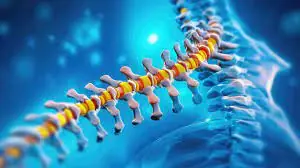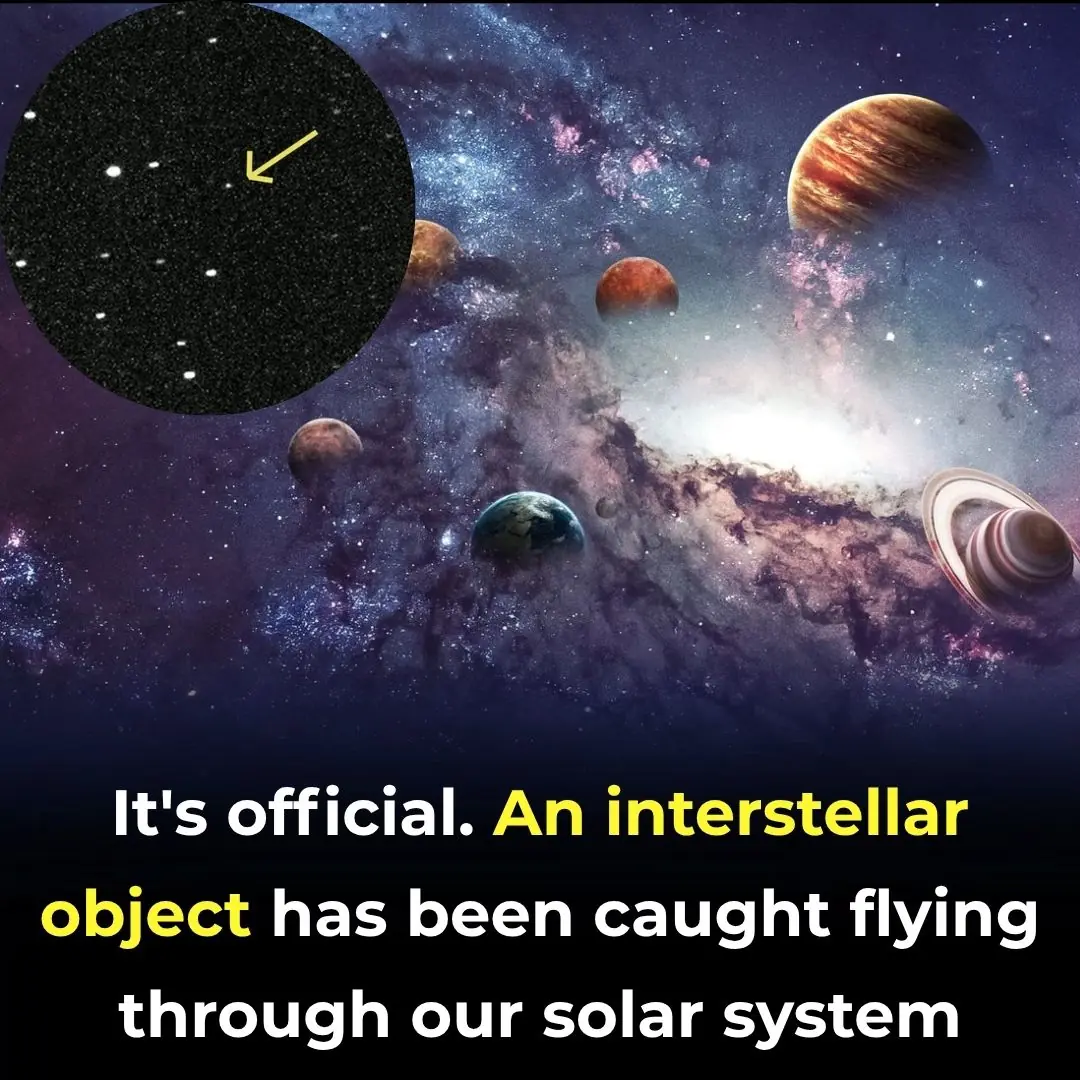
HealthScientists Detect Microplastics In Reproductive Fluids—Potential Infertility Risk
Microplastics are now present practically everywhere on Earth, from the Mariana Trench’s depths to the top of Everest.
It turns out that they can ruin even our most private moments.
Researchers have shown that microplastics are “common” in the reproductive fluids of both sexes.
Additionally, they cautioned that the quality of the sperm and eggs may be compromised, which could have consequences for reproduction.
The group looked at the seminal fluid, which is found in semen, from 22 men and the follicular fluid, which is found in the ovaries, from 29 women.

Analysis showed that over half of the samples contained a variety of widely used microplastics.
Among these were microplastics connected to wool, polystyrene, plastic containers, non-stick coatings, insulation, and cushioning materials.
Lead researcher Dr Emilio Gomez-Sanchez, from the University of Murcia, said, “Previous studies had already shown that microplastics can be found in various human organs.”
“As a result, we weren’t entirely surprised to find microplastics in fluids of the human reproductive system, but we were struck by how common they were – found in 69 per cent of the women and 55 per cent of the men we studied.”
Plastic particles smaller than 5 mm are known as microplastics, and there is proof that they are harmful to the environment and public health.
Although the researchers did not explicitly evaluate the impact of microplastics on fertility, their identification underscores the necessity of investigating potential consequences for human reproductive health, they cautioned.
“What we know from animal studies is that in the tissues where microplastics accumulate, they can induce inflammation, free radical formation, DNA damage, cellular senescence, and endocrine disruptions,” Dr Gomez-Sanchez added.
“It’s possible they could impair egg or sperm quality in humans, but we don’t yet have enough evidence to confirm that.”
According to the scientists, eating, inhalation, and skin contact are the most likely ways that microplastics enter the body.
They subsequently make their way into the bloodstream, which carries them to all parts of the body, including the reproductive organs.
They intend to do additional research to investigate any possible connections between the quality of eggs and sperm and the presence of microplastics.
The results were presented at the annual meeting of the European Society of Human Reproduction and Embryology (ESHRE) and were published in the journal Human Reproduction.
Commenting on the study Dr Carlos Calhaz-Jorge, Immediate Past Chair of ESHRE, said: “Environmental factors influencing reproduction are certainly a reality, although not easy to measure objectively.”
“The authors of this study found microplastics in over two-thirds of follicular fluids and more than 50 per cent of semen fluids from the studied patients.”
“Although the significance of these findings is not yet clear, they should be considered an additional argument in favour of avoiding the generalised use of plastics in our daily lives.”
Microplastics have been found in human breast milk, blood, and even brain tissue in earlier investigations.
Additionally, other studies have discovered elevated levels in commonplace objects including chopping boards, tea bags, and infant bottles.
The new study’s results should be interpreted with caution, according to several scientists.
Dr Stephanie Wright, Associate Professor in Environmental Toxicology at Imperial College London, said: “Without information on the sizes of the microplastic particles observed, it is challenging to interpret how meaningful this data is.”
“There is a high potential for samples to become contaminated with microplastic throughout the sampling, laboratory processing, and analysis procedures.”
“It is not a surprise that microplastics have been found – they are everywhere, even in the lab – but the data provided do not support that they are there as a result of human exposure as opposed to methodological artefact and must be interpreted with caution at this early stage.”
Fay Couceiro, a professor of environmental pollution and the head of the University of Portsmouth’s Microplastics Research Group, stated, “The study is very interesting, and looking at possible causes is very topical and timely given the global decline in fertility rates.”
“As the authors state, finding microplastics is not that surprising as we have found them in lots of other areas of our bodies.”
“Presence is also not the same as impact and the authors are clear that while they have found microplastics in the reproductive fluids of both men and women, we still don’t know how they are affecting us.”
Now Trending:
- Scientists Stunned By Discovery Of Ultra-Rare Metal Beneath Ancient River Bed
- Aspergillus Fungus Threatens Millions As It Spreads Due To Climate Change, Scientists Warn
- Scientists Achieve First Dream-To-Dream Communication Using Brain Waves
Please SHARE this story with Family and Friends and let us know what you think about it in the comments!
News in the same category


Ancient Inscriptions Inside Great Pyramid Rewrite History Of Its Builders

Once ‘Dead’ Thrusters On The Farthest Spacecraft From Earth That’s 16 Billion Miles Away Are Working Again

OpenAI’s Top Al Model Ignores Explicit Shutdown Orders, Actively Rewrites Scripts to Keep Running
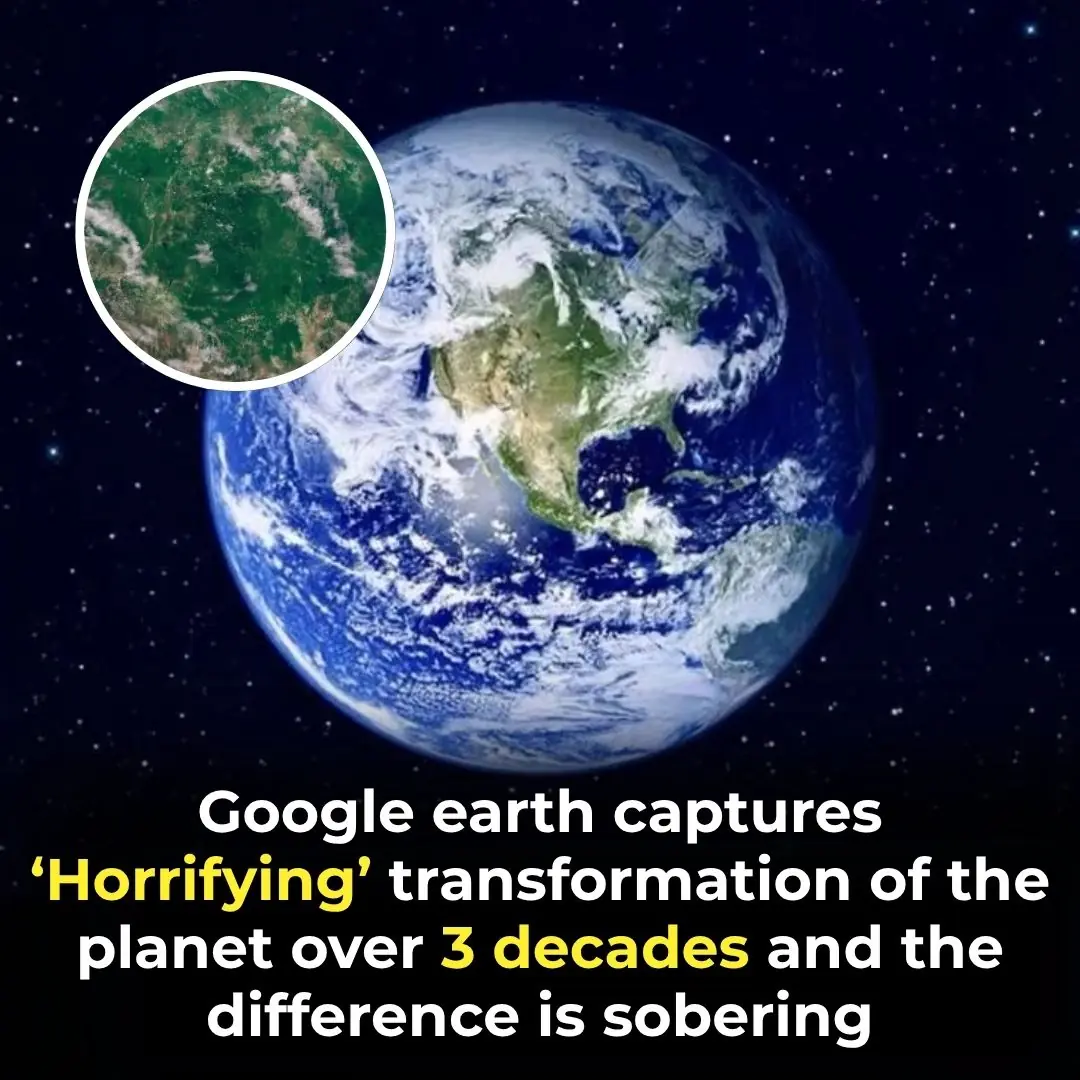
Google Earth Unveils Shocking 37-Year Transformation Of Our Planet

Marine Animal Shows Are Officially Banned in Mexico After Historic Legislative Vote

Denmark Pays Students $1,000 Monthly to Attend University, With No Tution Fees

Protect Your Home and Wallet: Unplug These 5 Appliances When You’re Done Using Them

Some People Still Think These Two Buttons Are Only For Flushing

The Dark Year: What Made 536 So Devastating For Civilization

Elon Musk Claims He’s A 3,000-Year-Old Time-Traveling Alien

The Volume Buttons on Your iPhone Have Countless Hidden Features

10 Safest Countries To Be In If World War 3 Breaks Out

2050 Climate Crisis Death Toll Could Be Catastrophic, Researchers Warn

This Image Has People Perplexed. Can You Solve It?
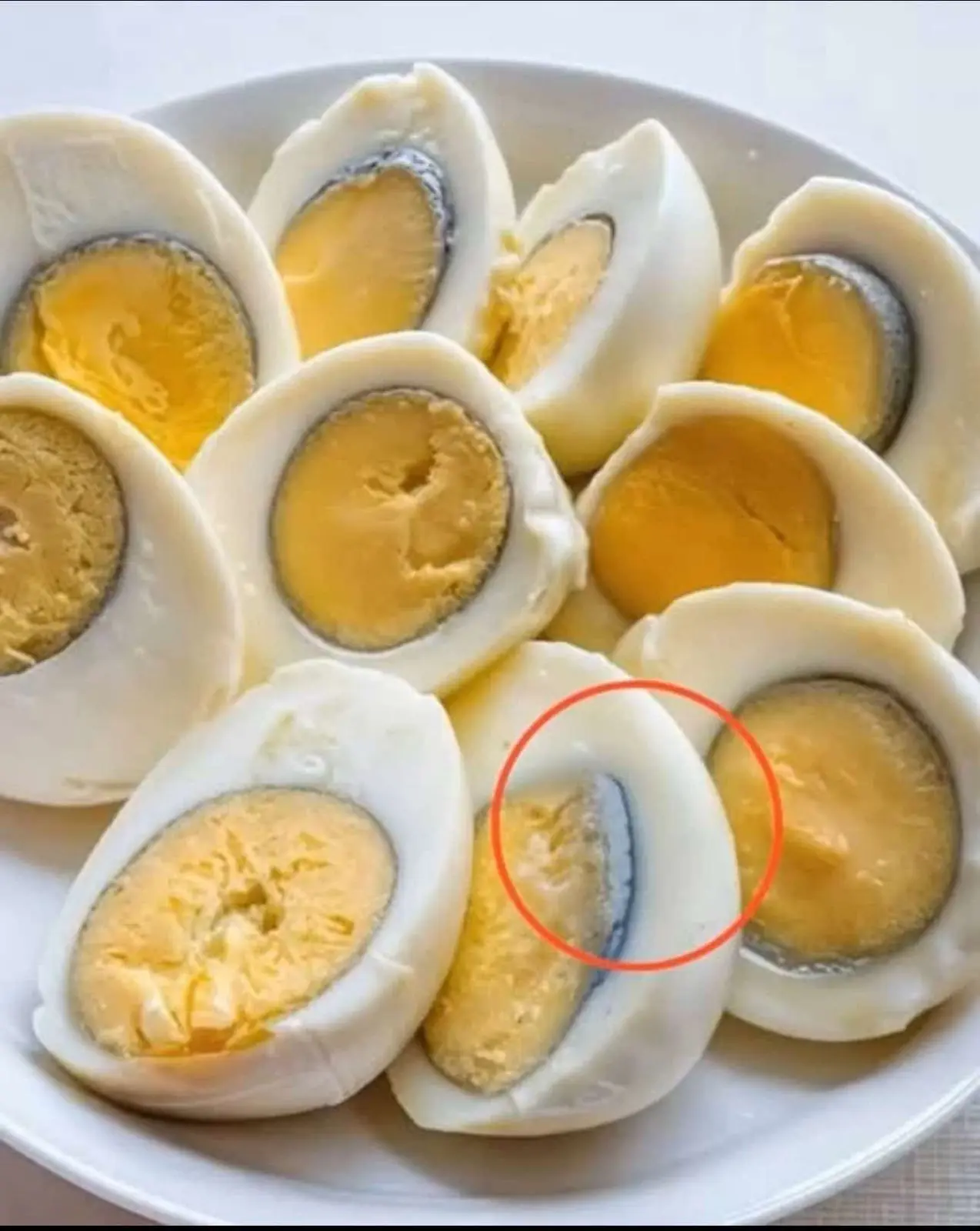
What causes the green ring around hard-boiled eggs?

Researchers Discover Crows Hold ‘Funerals’ To Mourn Their Dead

China Unveils Terrifying Mosquito-Sized Spy Drone For Covert Missions

James Webb Telescope Unveils Uranus’s Hidden Features In Striking Infrared Photo
News Post

Notice These 4 Unusual Signs Before Sleep? Be Careful – They May Signal a Risk of Stroke
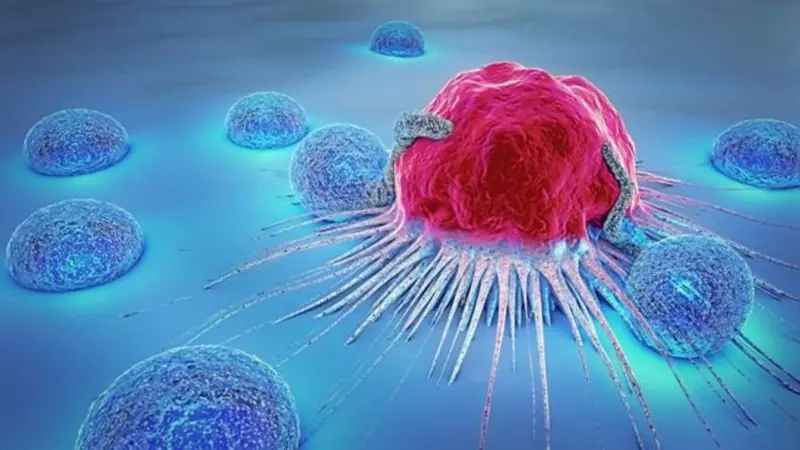
5-Year-Old Girl Diagnosed With Terminal Cancer: A Wake-Up Call for All Parents
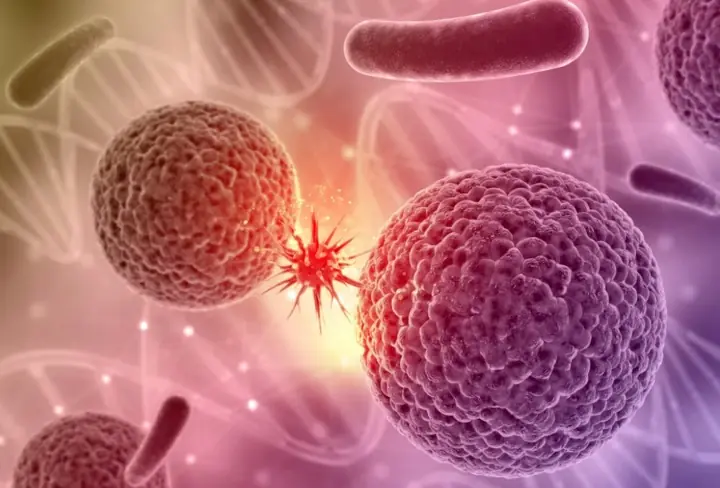
Good News: Successful Trial of Method That Destroys 99% of Cancer Cells

New interstellar comet 3I/ATLAS is hurtling through the solar system — and you can watch it live online today

Ancient Inscriptions Inside Great Pyramid Rewrite History Of Its Builders

Once ‘Dead’ Thrusters On The Farthest Spacecraft From Earth That’s 16 Billion Miles Away Are Working Again

OpenAI’s Top Al Model Ignores Explicit Shutdown Orders, Actively Rewrites Scripts to Keep Running

Google Earth Unveils Shocking 37-Year Transformation Of Our Planet

Marine Animal Shows Are Officially Banned in Mexico After Historic Legislative Vote

Denmark Pays Students $1,000 Monthly to Attend University, With No Tution Fees

Protect Your Home and Wallet: Unplug These 5 Appliances When You’re Done Using Them

Some People Still Think These Two Buttons Are Only For Flushing
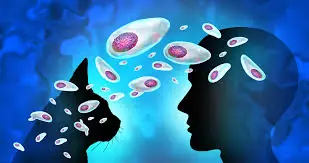
Terrifying Study: Up to 30% of Americans Could Be Infected with Brain-Impacting Parasite
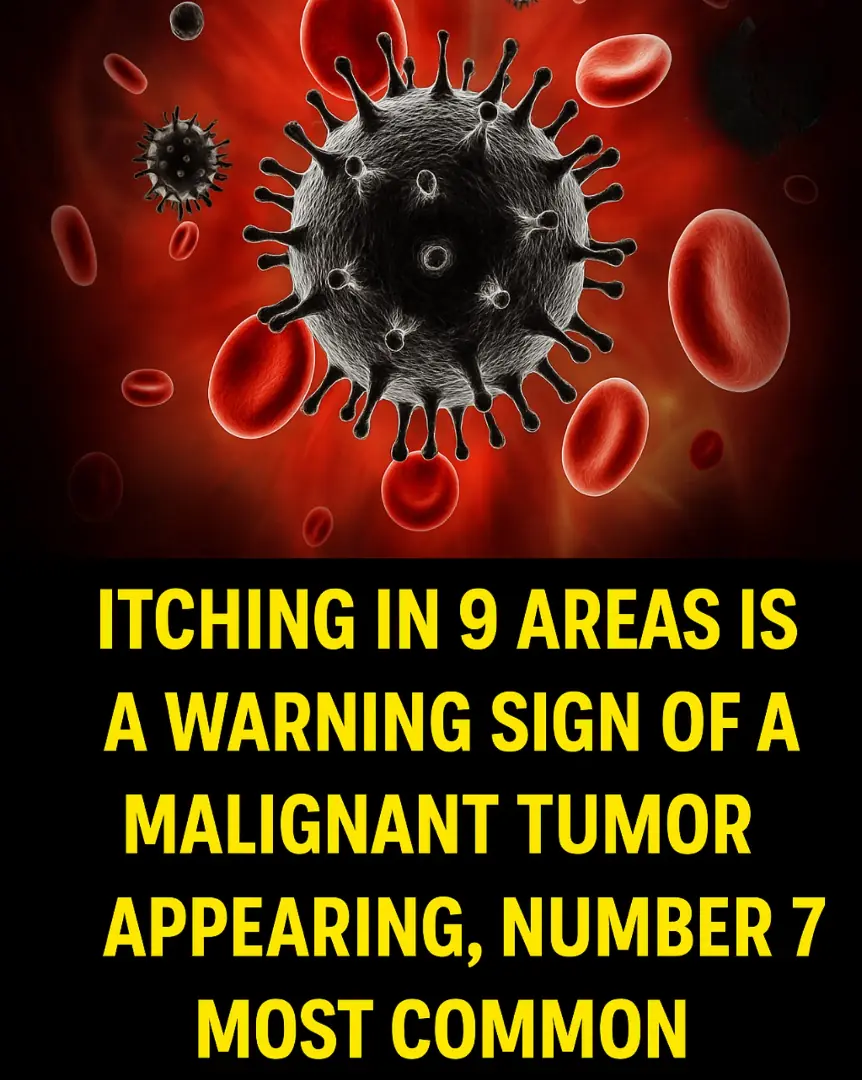
Itching in 9 Areas: A Warning Sign of Malignant Tumors, Number 7 Is the Most Common

Doctor's "Deeply Concerning" Warning After Man Injects Sperm to 'Cure Back Pain'
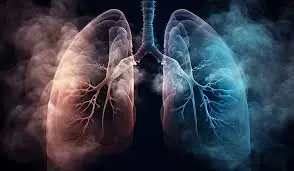
Non-Smoker Diagnosed with Lung Cancer Shares His Only 'Silent' Symptom

The Dark Year: What Made 536 So Devastating For Civilization

Alarming Discovery: High Aluminum Levels Found in Brains with Alzheimer's, Autism, and MS
